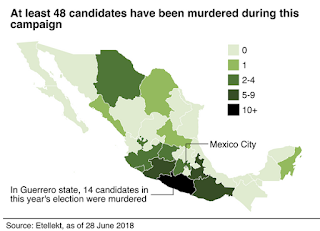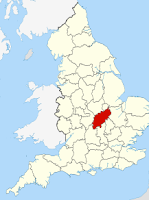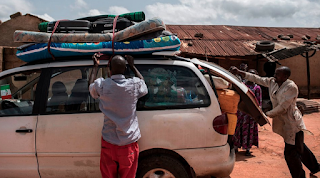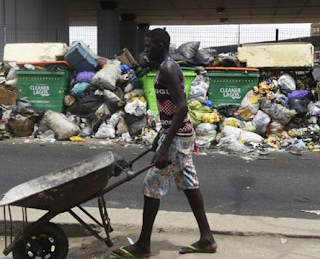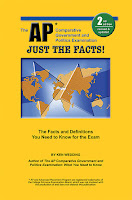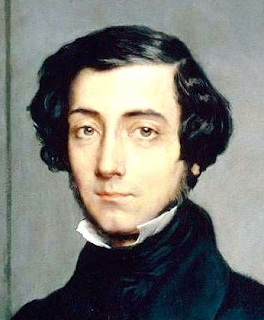Politics and the presidency in Nigeria
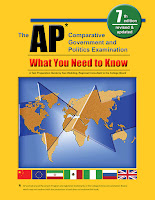
I guess it takes a visit from the UK's PM to get the British press to write about Nigeria. Political intrigue swirls around Buhari as May arrives in Nigeria It is Theresa May’s first visit to Nigeria, but Muhammadu Buhari, the Nigerian president, has made many trips to the UK over the past two years. However, while May was greeted by drummers and a red carpet, Buhari has kept as low a profile as possible on his UK visits. The septuagenarian president spent three months in London in 2017 on sick leave with an unknown illness thought to be cancer. He was not seen for two months and his aides refused to say what was wrong with him. His deputy, Yemi Osinbajo, ran the country in his absence. Buhari’s health appears to have improved since, though he almost never speaks to the media so it is difficult to judge. Political intrigue is thickening ahead of next year’s presidential election. Buhari has announced he will run again, but there has been a spate of defections from his party, the A


